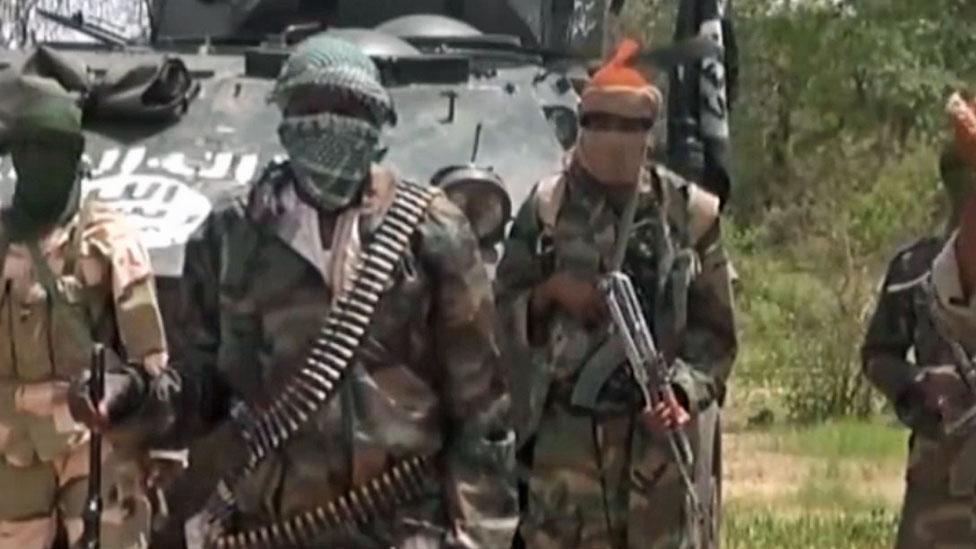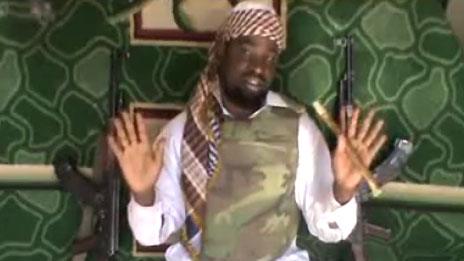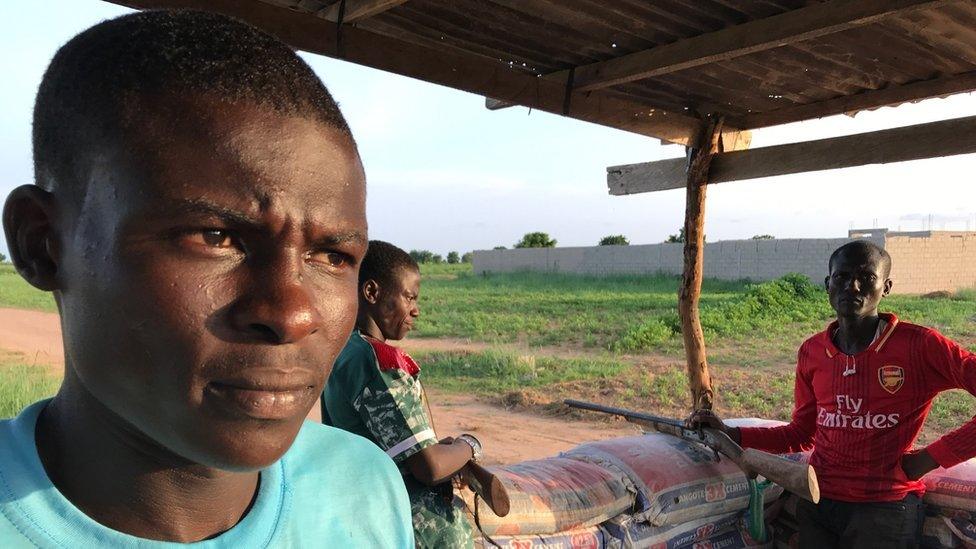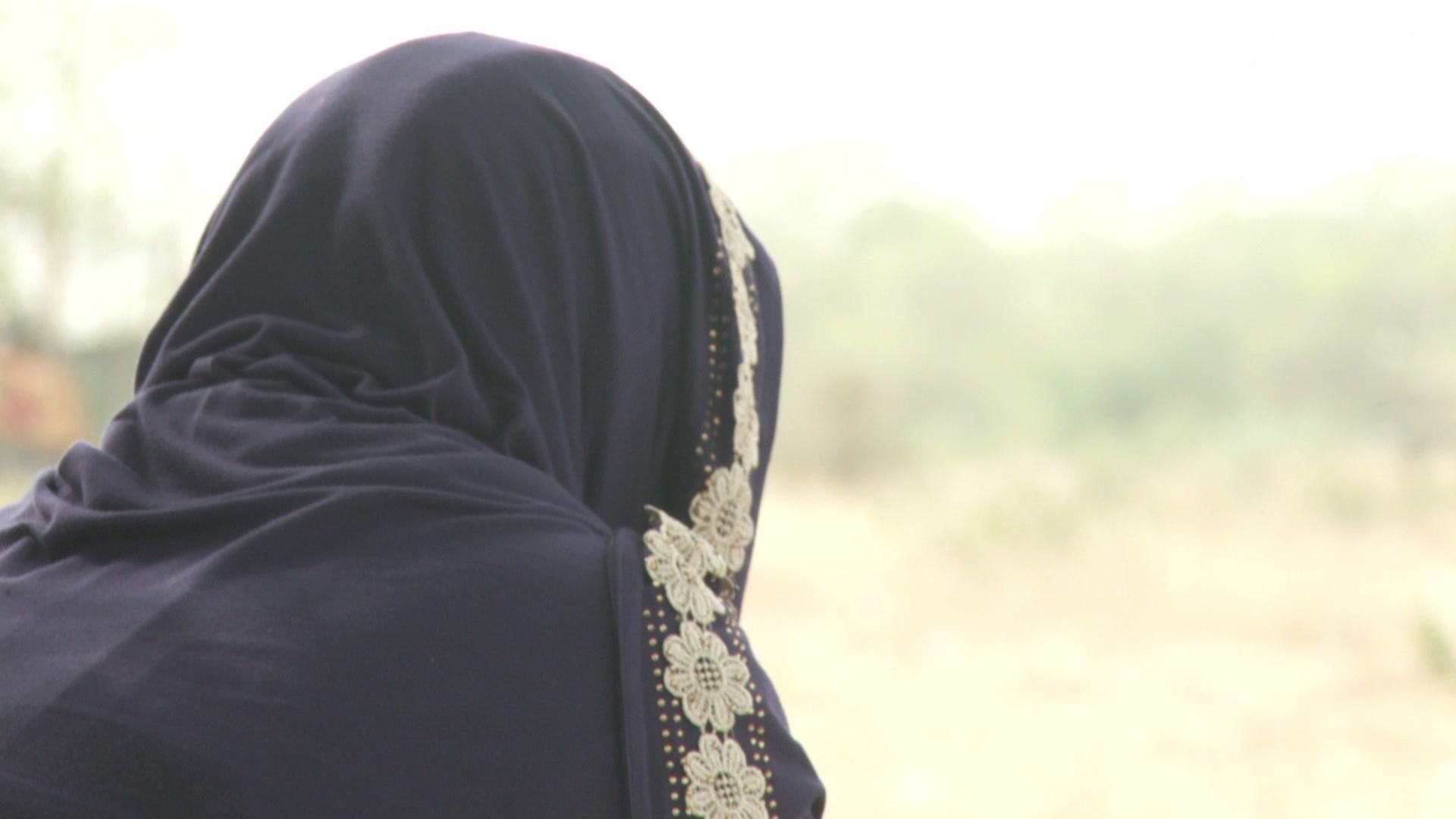Boko Haram suspects on trial in Nigeria's Kainji town
- Published

Boko Haram is fighting to create an Islamic state in the region
The first in a series of trials of more than 6,600 people, accused of being members of militant Islamist group Boko Haram, has opened in Nigeria.
The trials are being held in secret by civilian court judges at a military facility in north-central Kainji town.
Rights activists say they are concerned about the lack of transparency in what have been described as the biggest terrorism trial in Nigeria's history.
Some 20,000 people have been killed in Boko Haram's eight-year insurgency.
Only nine people have been convicted so far of being involved in the unrest.
Four judges have started the trials at the military centre in Kainji, sources at the ministry of justice told the BBC's Ishaq Khalid in the capital, Abuja.
Up to 1,670 people will be tried in the coming weeks with a further 5,000 people after that, our reporter says.
More than 1,600 suspects are being held at the centre, where many have spent years.
In a report in 2015, external, Amnesty International said that the military had arbitrarily detained about 20,000 people as part of its campaign to end the insurgency.
One man who was held by security forces for nearly three years before being released without charge, told the BBC his family had thought he was dead.
A lengthy process?
The trials are likely to last for months, or even years, because of the huge number of suspects who will be tried individually, Justice Minister Abubakar Malami said.

Boko Haram at a glance
Founded in 2002
Known locally as Boko Haram, meaning "Western education if forbidden"
Launched military operations in 2009 to create Islamic state
Designated a terrorist group by US in 2013
Declared a caliphate in areas it controlled in 2014
Most territory now recaptured by army

Barrister Alhassan Muhammad, who represented suspects in Nigeria's first trial of Boko Haram militants beginning in 2009, says these trials could be very slow starting with the simple fact that each and every defendant's name must be read out as the court session opens.
Islamist militants who surrender voluntarily are to be offered amnesty by Nigeria's government, which is also running a deradicalisation programme for those deemed eligible.
Justice Minister Malami says this will programme will apply to Boko Haram members who are found not to be criminally liable.
Boko Haram no longer controls any territory but their presence is still felt in northern Nigeria.
One federal judge, John Tsoho, is reported by local media to have withdrawn himself from a recent trial of Boko Haram suspects because the defendants questioned his integrity.
- Published24 November 2016

- Published4 September 2017

- Published22 March 2016
